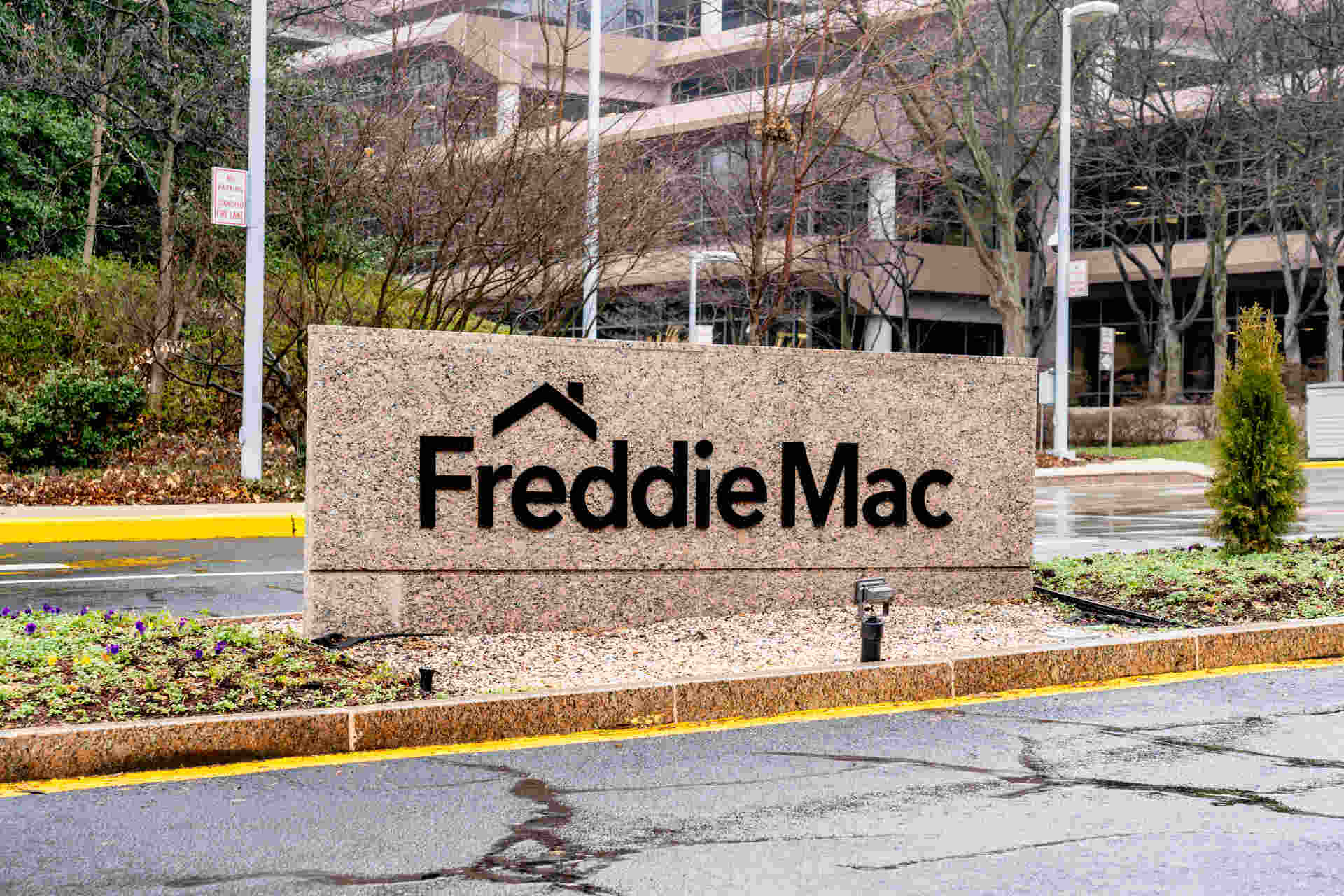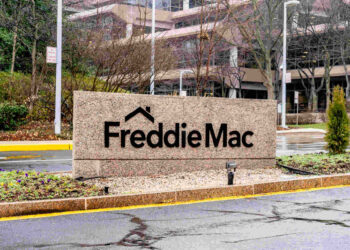What is Freddie Mac Loan? Terms-Types and How to apply
The dream of owning a home flickers within us all, but navigating the mortgage maze can feel daunting. Enter Freddie Mac, a key player in the housing market offering a helping hand. In this blog post, we’ll demystify Freddie Mac, exploring its role, its offerings, and how it can help you achieve your homeownership goals.
Table of Contents
ToggleWhat is Freddie Mac?

Freddie Mac, officially known as the Federal Home Loan Mortgage Corporation, is a government-sponsored enterprise (GSE).
Think of it as a facilitator, not a direct lender. Freddie Mac doesn’t compete with banks, but rather purchases mortgages from lenders, packages them into securities, and sells them to investors.
This injects liquidity into the housing market, making it easier and more affordable for lenders to offer mortgages.
Essential Freddie Mac Terms:
Mortgage-backed securities (MBS): Bundles of mortgages sold to investors, generating funds for Freddie Mac to purchase more mortgages.
Conforming loans: Mortgages adhering to Freddie Mac’s size and credit score limits.
Non-conforming loans: Mortgages exceeding Freddie Mac’s limits, often requiring private mortgage insurance (PMI).
Types of Freddie Mac Loans:
Freddie Mac offers a diverse portfolio of mortgage programs, catering to various needs and credit profiles. Popular options include:
Home Possible:
Lower down payment requirements for first-time homebuyers and underserved communities.
Gold Star:
For veterans and active military personnel, offering competitive interest rates and flexible features.
HomeOne:
Designed for low- to moderate-income borrowers with flexible credit requirements.
Eligibility and Requirements:
To access the benefits of Freddie Mac loans, it’s essential to understand their key eligibility requirements. While specific criteria vary depending on the program, here are some common factors considered:
1:Credit Score: Freddie Mac typically requires a minimum credit score of 620, though some programs may accept scores as low as 580. Higher scores can lead to more favorable terms and lower interest rates.
2:Debt-to-Income Ratio (DTI): This measures your monthly debt payments relative to your income. Freddie Mac generally prefers a DTI of 50% or less, indicating a manageable debt load.
3:Income: You’ll need to demonstrate sufficient income to support the mortgage payments. Lenders will verify your employment status, income history, and assets.
4Down Payment: The required down payment varies by program. Home Possible, for example, offers options as low as 3%.
Property Type and Condition: Freddie Mac loans typically apply to single-family homes, condos, and townhouses that meet specific property standards.
Find Best Lenders with M5Funding
Applying for a Freddie Mac Loan:
1:Research and Compare Lenders: Start by exploring different lenders in your area who offer Freddie Mac programs. Compare their rates, fees, and customer service reputation to find a good fit.
2:Connect with a Lender: Schedule a consultation with a mortgage advisor to discuss your financial situation, goals, and eligibility for specific Freddie Mac programs.
3:Complete a Loan Application: Provide the lender with detailed information about your income, assets, debts, and credit history. This typically involves completing a Uniform Residential Loan Application (URLA) form.
4:Document Your Finances: Gather necessary documents to verify your financial information, such as:
-
Pay stubs
-
W-2s
-
Bank statements
-
Tax returns
-
Investment account statements
-
Debt statements
5:Receive Loan Approval: Once the lender reviews your application and documents, they’ll determine your eligibility and potential loan terms. If approved, you’ll receive a Loan Estimate outlining the costs and conditions of the mortgage.
Image of Loan Estimate document
Pros and Cons of Freddie Mac Loans:
Pros:
1:Wider access to mortgages: Freddie Mac’s presence increases competition among lenders, leading to more loan options and potentially lower interest rates.
2:Competitive interest rates: Freddie Mac’s bulk purchasing power often translates to lower borrowing costs for homeowners compared to some private lenders.
3:Flexible programs: Diverse programs cater to various needs, including first-time buyers, low-income borrowers, and veterans.
Cons:
1:Stricter eligibility: Compared to some private lenders, Freddie Mac programs might have more stringent credit score and income requirements.
2:Potential for PMI: Non-conforming loans exceeding Freddie Mac’s limits usually require PMI, adding to monthly costs.
3:Government involvement: Some borrowers might be wary of the government’s role in their mortgage and potential future policy changes.
Want Loan on Emergency Basis? M5Funding
Is Here to Help you in your Difficult Time.
Pros and Cons of Freddie Mac Loans:
Freddie Mac plays a crucial role in fostering a vibrant housing market, making homeownership attainable for millions. Its diverse program offerings and focus on affordability can be a valuable resource for your home buying journey. Remember, thorough research and open communication with your lender are key to finding the right fit for your individual circumstances.




